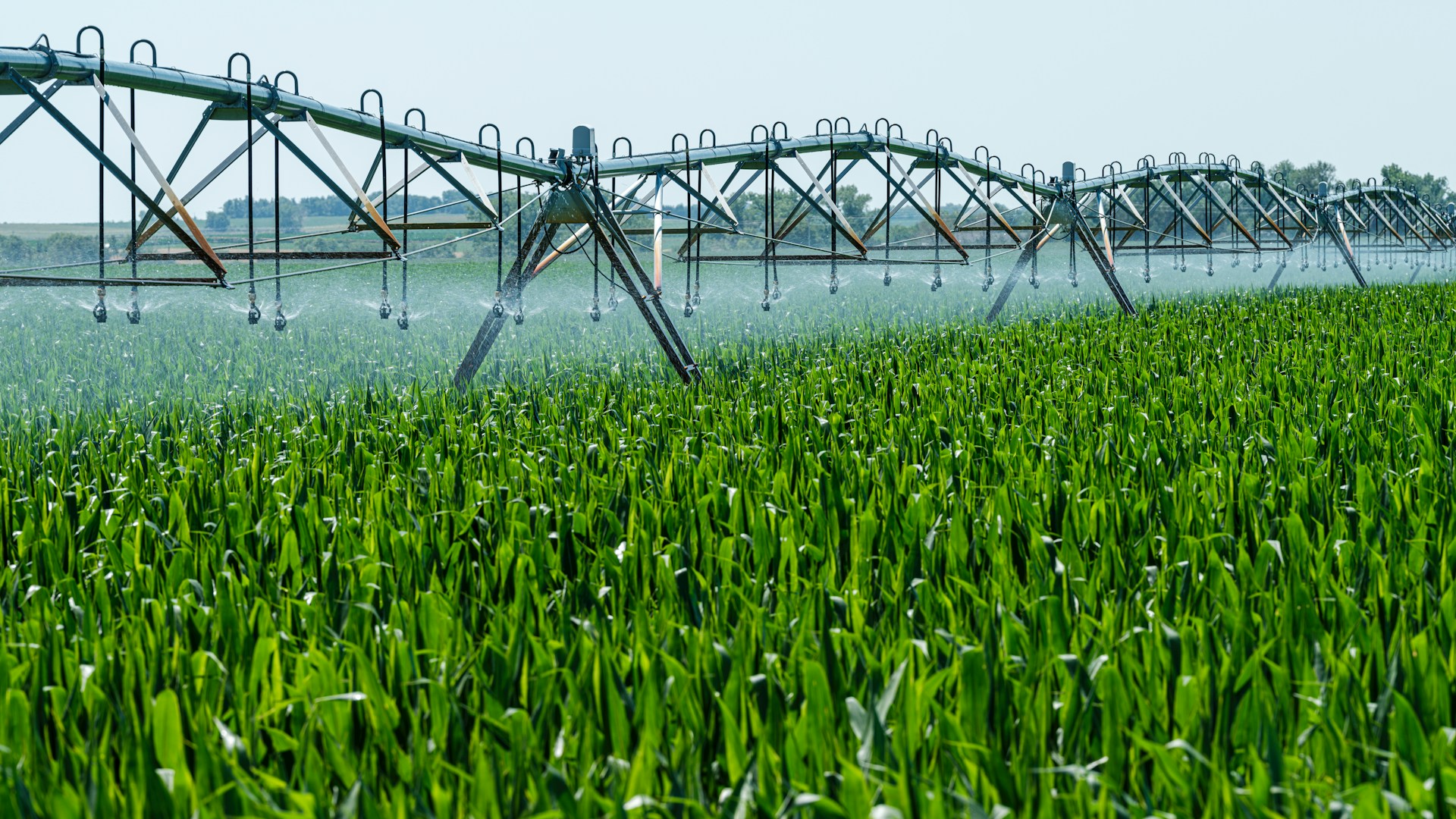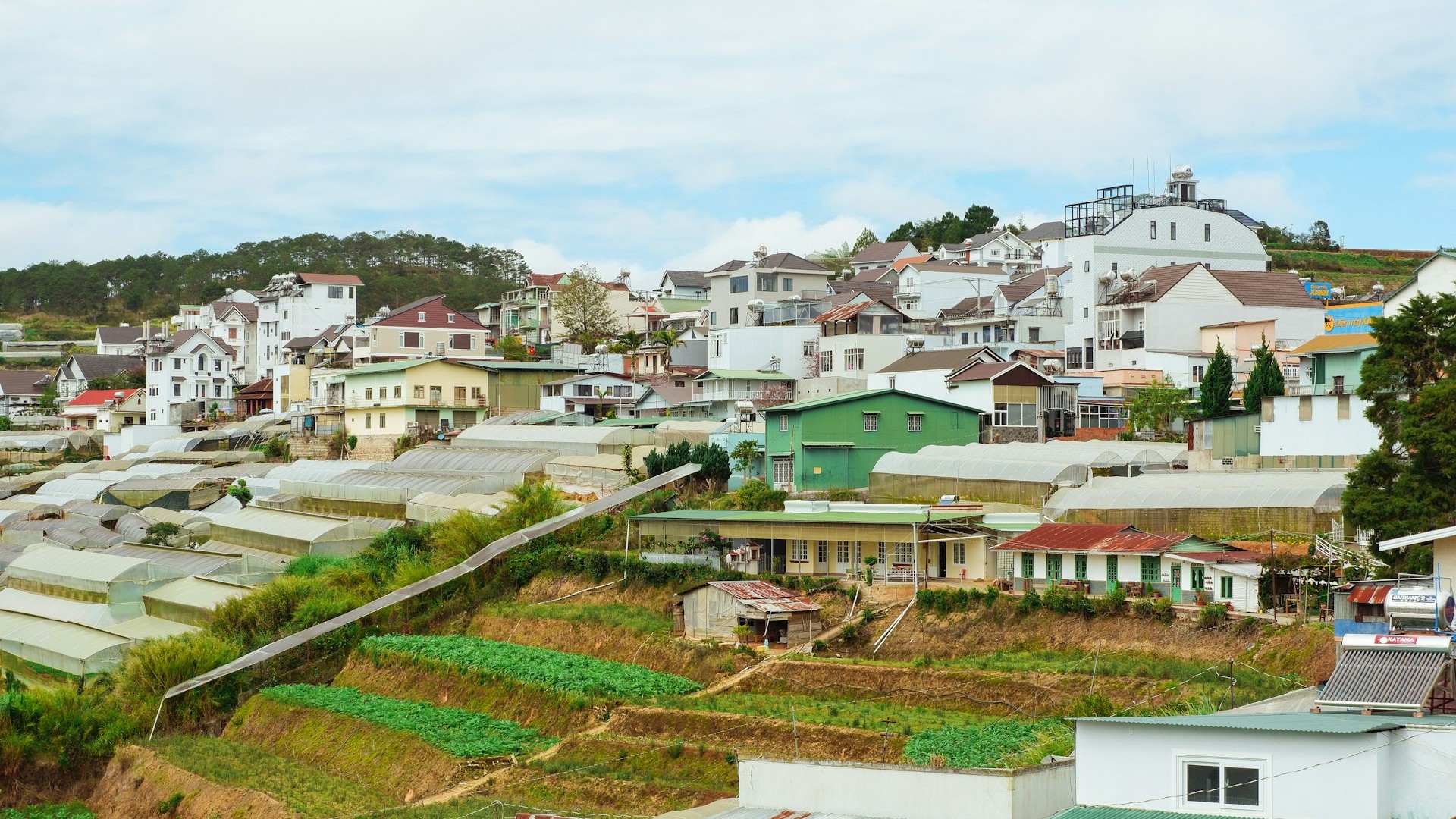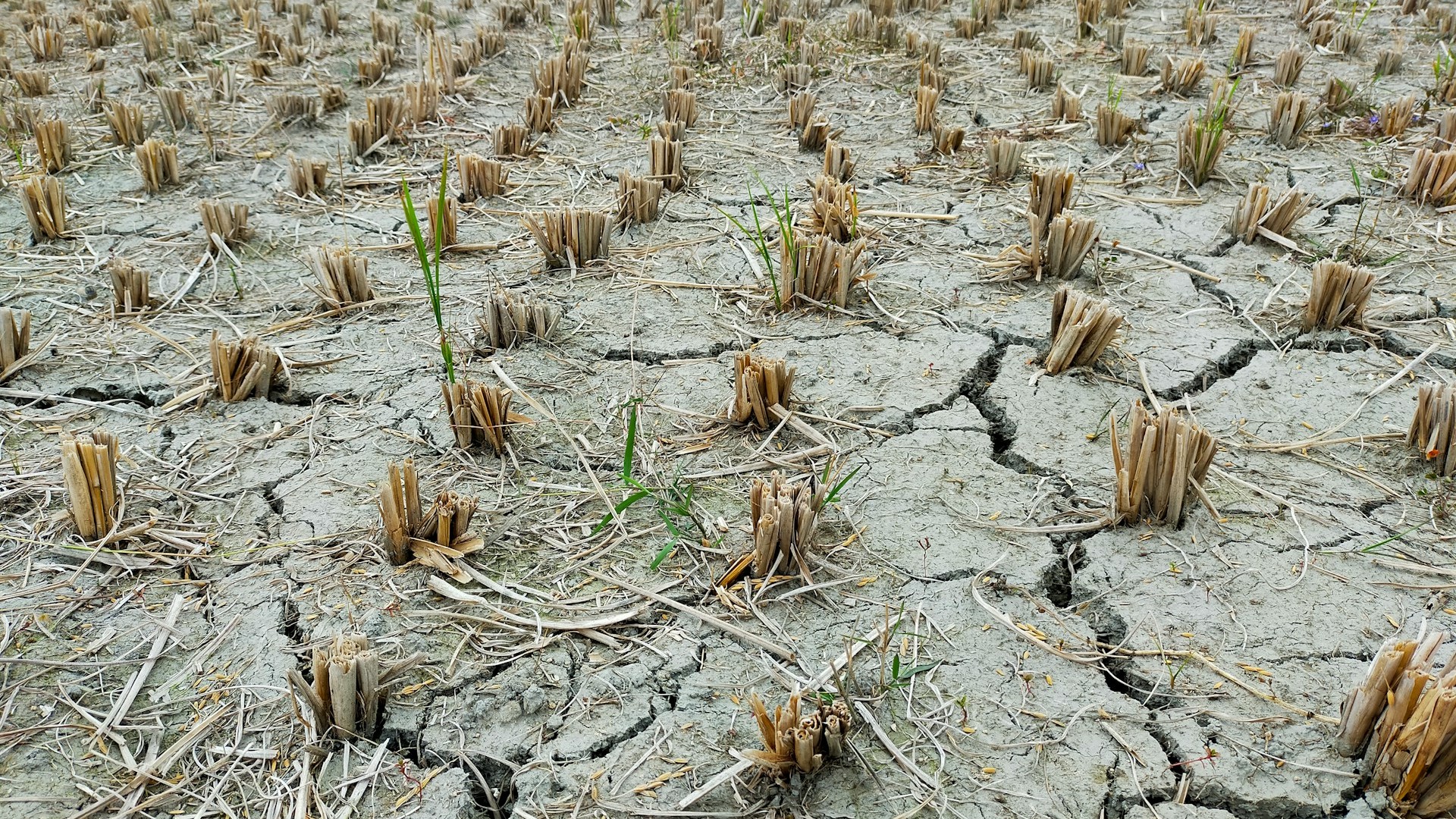
Project Overview
The Irrigation Development Program is a comprehensive initiative designed to modernize irrigation infrastructure across the Chad Basin region. By implementing advanced irrigation systems, we aim to significantly increase agricultural productivity while optimizing water usage.
Project Objectives
- Install 50+ modern irrigation systems serving multiple communities
- Reduce water usage by 30% compared to traditional irrigation methods
- Increase crop yields by at least 40% for participating farmers
- Train over 500 farmers in sustainable irrigation practices
Implementation Approach
Our approach combines modern technology with traditional knowledge. We work directly with local farmers to design systems that meet their specific needs while incorporating the latest advances in water conservation. Each community receives customized irrigation solutions based on soil conditions, crop types, and water availability.
The project includes installation of drip irrigation systems, water-efficient sprinklers, and smart water management tools that help farmers optimize their water usage. Solar-powered pumps are being deployed to reduce reliance on fossil fuels and make the systems more sustainable.
Expected Impact
When completed, this program will transform agricultural practices across the region, making farming more productive and sustainable even during periods of reduced rainfall. The economic benefits will extend beyond individual farmers to strengthen the entire agricultural value chain in the region.
Project Impact
Measured Impact to Date
Our Irrigation Development Program has already shown significant results:
- 12,000 hectares of farmland now under modern irrigation, benefiting over 5,000 farming families
- Average crop yields have increased by 65% in areas with completed systems
- Water usage efficiency improved by 42% compared to traditional methods
- Participating farmers report an average income increase of 53%
- 320 full-time and 750 seasonal jobs created through project implementation
Beyond these measurable outcomes, we've observed improved food security in participating communities and reduced seasonal migration as farming becomes viable year-round.
Project Team
John Johnson
Community Liaison
Works directly with local communities to ensure project activities are aligned with community needs and priorities. Facilitates community participation and communication throughout the project cycle.
Elizabeth Ndukwe
Project Manager
Experienced project manager with over 15 years in water resource management and rural development projects. Specializes in coordinating multi-stakeholder initiatives and ensuring successful project delivery.
Aisha Ndukwe
Technical Lead
Technical expert with extensive knowledge of water systems engineering and sustainable technologies. Leads the technical design and implementation of project components with a focus on efficiency and sustainability.
Samuel Musa
Environmental Specialist
Environmental scientist with expertise in ecological impacts of water management systems. Ensures project activities adhere to environmental best practices and minimize negative impacts on local ecosystems.
Amina Adeyemi
Agricultural Expert
Specialist in sustainable agriculture with deep knowledge of local farming systems. Advises on crop selection, farming techniques, and agricultural water management to maximize productivity and sustainability.
Project Gallery

Project photo 1 for Irrigation Development Program

Project photo 2 for Irrigation Development Program

Project photo 3 for Irrigation Development Program
Project Timeline
Project Initiation (November 2023)
Official start of the project with initial planning and team formation.
Stakeholder Engagement Workshop (November 2023)
Workshop held with all stakeholders to gather input, align expectations, and build project support.
Needs Assessment Completion (March 2024)
Comprehensive analysis of community needs and requirements completed to inform project design.
Infrastructure Construction (May 2024)
Physical construction of core infrastructure components according to technical specifications.
Infrastructure Construction (December 2024)
Physical construction of core infrastructure components according to technical specifications.
Groundbreaking Ceremony (December 2024)
Official event marking the start of construction activities with community and stakeholder participation.
Community Open Day (March 2025)
Additional project activity to engage stakeholders and maintain momentum.
Technical Inspection (May 2025)
Formal inspection of technical systems and infrastructure by qualified experts.
Quality Assessment (July 2025)
Technical evaluation of all project components against quality standards and specifications.
November 2025
Projected completion date based on current timeline.
Stakeholder Testimonials
Our community now has both the knowledge and the tools to manage our water resources effectively, even as climate conditions change. The training was comprehensive and the follow-up support has been consistent.
James Bwala
Community Representative
March 2025
Explore More Projects

Community Agricultural Development
Supporting community development through sustainable agriculture practices and improved access to water resources.

Drought Resilience Program
Building community resilience to drought through water management and agricultural adaptation strategies.


